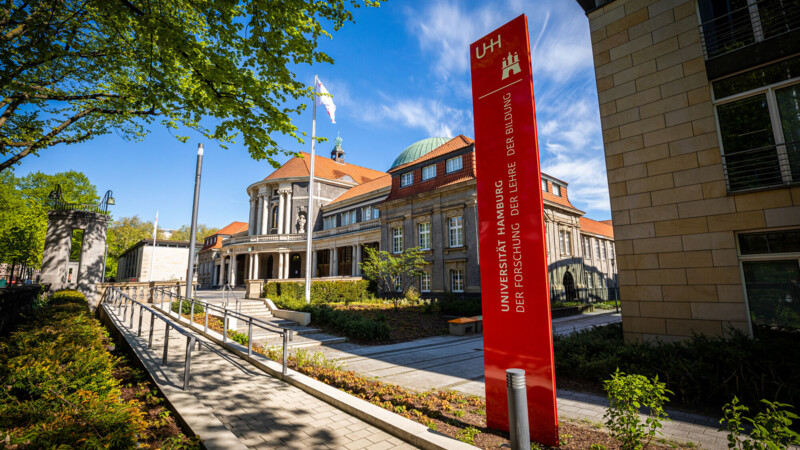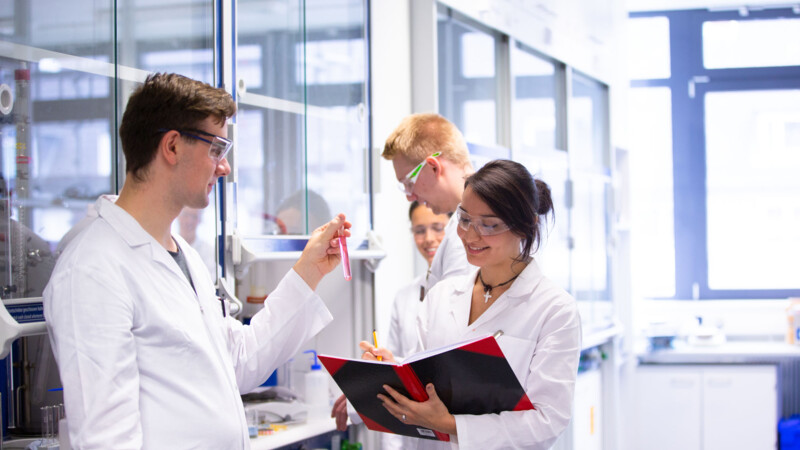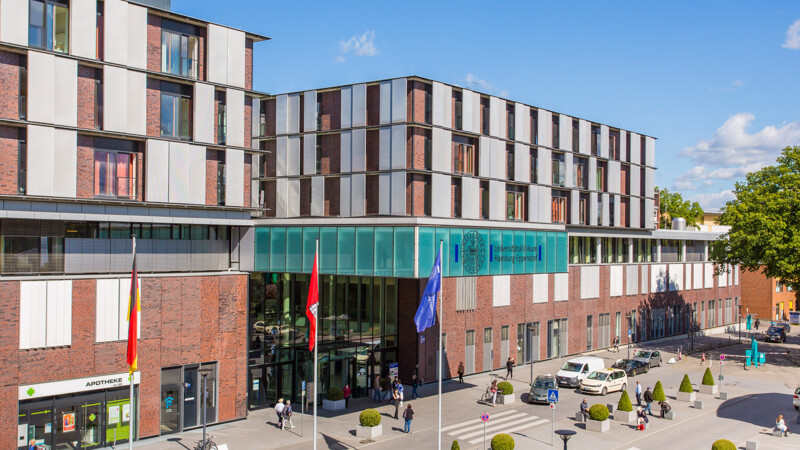"It is already clear that the scientific community has also been severely affected. Many academics and students are on the run and in fear of their lives," said Katharina Fegebank, Senator for Science, Research and Equality. The ministry will provide swift, unbureaucratic assistance in close co-operation with Hamburg's universities and non-university research institutions. "Those who come forward will be ensured admission as uncomplicatedly as possible," Fegebank added. The DESY research centre will make its guest houses available to Ukrainians who have fled.
The Ukraine had around 282 public and private higher education institutions with about 1.4 million enrolled students in 2019, according to ministry. The Ukraine has been a fully-fledged member of the Bologna Process, a series of ministerial meetings and agreements between European countries designed to ensure comparability in the standards and quality of higher education qualifications, since 2005.
tn/sb/pb



